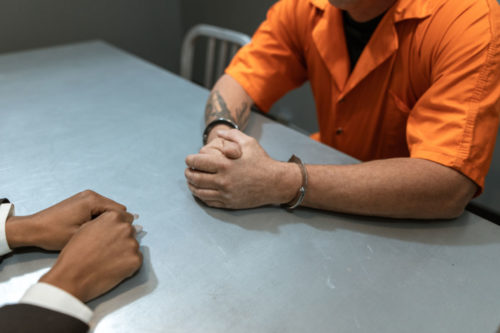
If you have pleaded guilty or have been found guilty of a crime, the penalties you may be facing are severe. With this, the possibility of incarceration is not totally out of the question. If you are facing this potential sentence, read on to discover how one of the seasoned Middlesex County criminal defense attorneys at The Law Office of Michael A. Policastro can work on your behalf to fight for the best possible alternatives to incarceration.
What are common alternatives to incarceration in the state of New Jersey?
By New Jersey law, the courts have the authority to sentence you to alternatives to incarceration.
For example, the courts will commonly suspend your sentence of any imprisonment. This suspension may extend for, at most, a period of five years. There may be conditions tied to this suspension. That is, a violation of this suspension may carry similar consequences to that of a probation violation.
Another example is that the courts will commonly sentence you to serve up to 90 days of incarceration on the Sheriff’s Labor Assitance Program (SLAP). This is a community-based corrections program where you will perform moderate levels of manual labor as an alternative to incarceration. You must serve at least one day a week until your sentence is complete.
Notably, while undergoing SLAP, you still will be technically considered an inmate of the county correctional facility. So, you will be subject to all relevant rules and regulations that come with being an inmate. Also, you are only eligible for this alternative if you were found to have committed a non-violent crime.
What are other alternatives to incarceration?
If the New Jersey courts do not choose suspension or SLAP as an alternative, they instead may order you to any of the following:
- Community service: the court may order that you be supervised in the community or perform community-related service work.
- Night and weekend incarceration: the court may order you to be imprisoned at night or on the weekends, instead of full time. During this time, you will be able to participate in training and/or educational programs.
- Residential facility: the court may order you to be released to a halfway house or another residential facility in the community not directly operated by the Department of Human Services.
- Driving privileges: the court may postpone, suspend, or revoke your driver’s license and/or registration certificate if your offense involved your motor vehicle being used. This order will likely be for a period of, at most, two years.
You deserve a chance at an alternative to incarceration. So, you should retain the services of a competent Middlesex County criminal defense attorney. We will do everything in our power to build a strong defense to have you avoid imprisonment.
Contact our experienced New Jersey firm
No matter your circumstances, if you are facing criminal charges, contact the Law Office of Michael A. Policastro today for the experienced legal counsel you deserve and need.